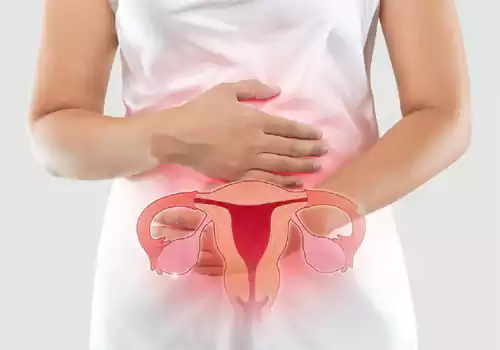Mosquito Bite Treatment
Mosquito bite treatment starts with cleaning the area and addressing the reaction as soon as you realize you've been bitten. A simple mild soap and warm water wash is the first place to start; pat dry with a soft towel and resist the urge to rub. Scratching and rubbing will actually prolong the mosquito bite itch instead of offering (temporary) relief. You also run the risk of introducing dirt and bacteria into the open area and developing an infection.
.jpg)
* If the urge to scratch is too overwhelming (particularly if you have been bitten several times or have a more extreme reaction), there are several mosquito bite remedies from your medicine cabinet - and your pantry - to ease the annoyance.
* To make your own mosquito bite home remedy, use two parts baking soda to one part water. Mix together until it reaches the consistency of a sticky paste and apply directly onto the bite. As it dries, it will alleviate the sting and bring some relief to the itching and swelling. This is a great treatment for those with sensitive skin and for small children because the ingredients are mild and won't cause irritation. Just wash it off after the urge to scratch has gone away (remember - soap, water, and pat dry) and reapply if the symptoms flare up again.
* For a quick fix - particularly when you're out of the house and unable to reach a first aid kit or get to the kitchen - ice wrapped in a towel or an ice pack will ease a mosquito bite's swelling. Even a cold can of soda or bottled water can do in a pinch.
* Aloe Vera gel is nature's perfect gift for treating mosquito bites. The coolness eases symptoms and forms a protective layer after application to reduce the risk of infection. Reapplication will be necessary. It's good to do another soap and water wash every few hours.
* From the medicine cabinet, calamine lotion or a topical anesthetic (containing pramoxine) are effective mosquito bite treatments. One percent hydro-cortisone cream alleviates itching, as well. If applications to the surface of the skin don't take care of the symptoms immediately, try taking an anti-inflammatory such as ibuprofen or naproxen. This will help to reduce the swelling of the bites. For more severe cases, an antihistamine such as Benedryl will also help, but check with your doctor before administering the medication for this reason.
* If the mosquito bite does not respond to topical treatments and the skin around the area becomes warm, red and swollen, the bite may be infected. Call a medical practitioner in this case; a stronger treatment may be necessary.
* Unfortunately, beyond the irritation of bites, mosquitoes also carry diseases, picking up and passing them from person to person. West Nile, encephalitis, and others have been reported around the United States. If you begin to experience headaches, fever, vomiting, chills, or muscle aches, you may have contracted something more than a bump from that mosquito bite. Contact your physician immediately if any of these symptoms develop.




.webp)